Characteristic industries boost rural economy in Anren County
2024-09-06
In recent years, Anren County of Chenzhou City has given priority to the development of characteristic industries to increase farmers’ income, improve agricultural efficiency and promote rural development. It has made use of existing resources of each village to drive the diversified development of rural economy. A picture of rural revitalization with beautiful ecological environment and high integration of industries is unfolding.
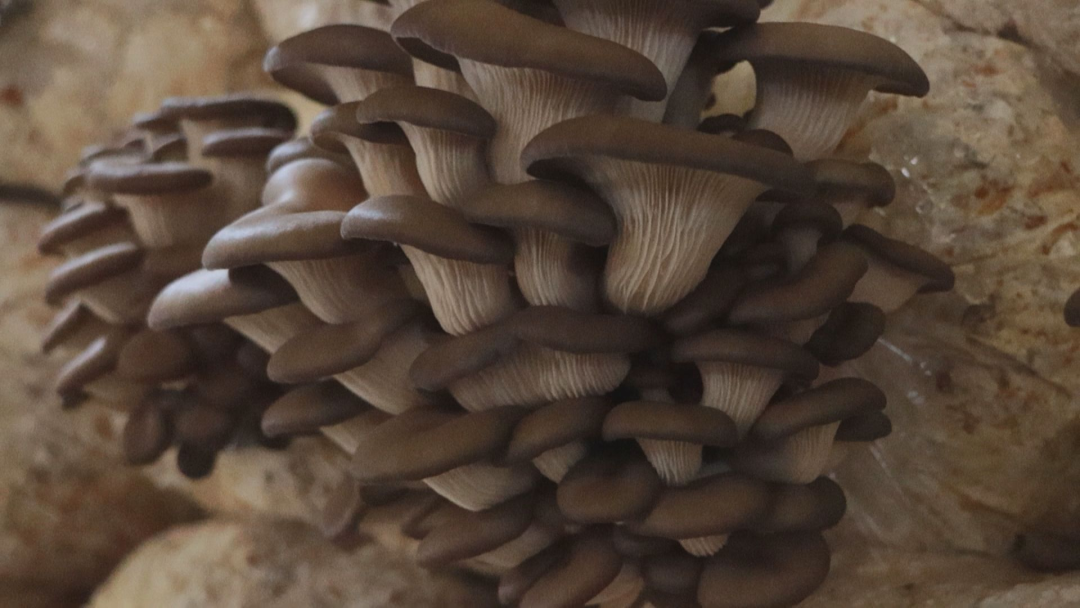
The edible mushroom industry in Pingshang Village, Anping Town, is a typical case with high-quality development and high added-values that is in line with local characteristics.
In 2022, Pingshang Village was rated as a key village for edible mushrooms in the province.
By attracting investment and seeking government funds, it has supported enterprises such as Hongzhan Fungi, Qunfu Fungi and Tongrong Fungi to upgrade industries, expand planting scale, improve the variety of strains, enhance the quality of mushroom production, and actively explore the cooperation model of company plus farmer plus village collective.
Now, the village has 15 edible mushroom production bases, 30 edible mushroom growers, and more than 300 people engaged in this industry. The cultivated varieties include pleurotus cornucopiae, pleurotus geesteranus and morel mushroom, with 8 million mushroom rods and the annual substrates of 4,000 tons. It’s expected to produce 5,000 tons of fresh mushrooms annually, with a total output value of 60 million yuan.
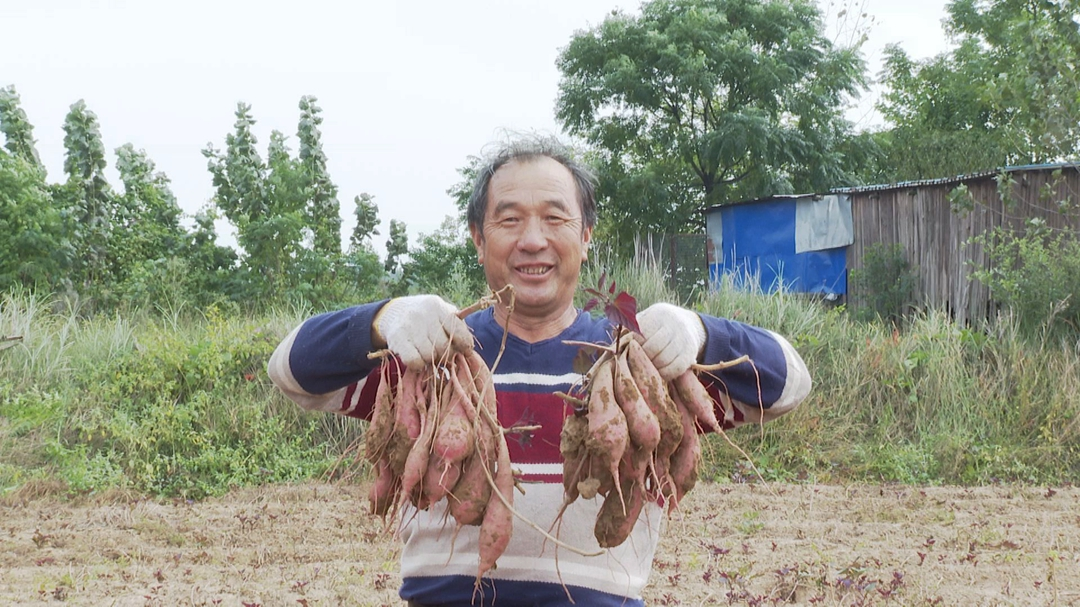
Huawang Township, which focuses on developing characteristic agricultural products well, has created five 1,000-mu (about 66.67 hectares) characteristic industries, namely tobacco in Tianji Village, traditional Chinese herbs in Dongqiao Village, oil tea in Huawang Village, quality rice in Datang Village and vine tea in Xiaowan Village.
Efforts have been made in brand building and deep processing to vigorously develop characteristic industries like vine tea, camellia oil and sweet potato flour processing.
There are now three production bases for vine tea, traditional Chinese herb and sweet potato, with registered brands such as Huawang Vine Tea and Huawang camellia oil.
The operating income of all seven villages in the township has exceeded 200,000 yuan.
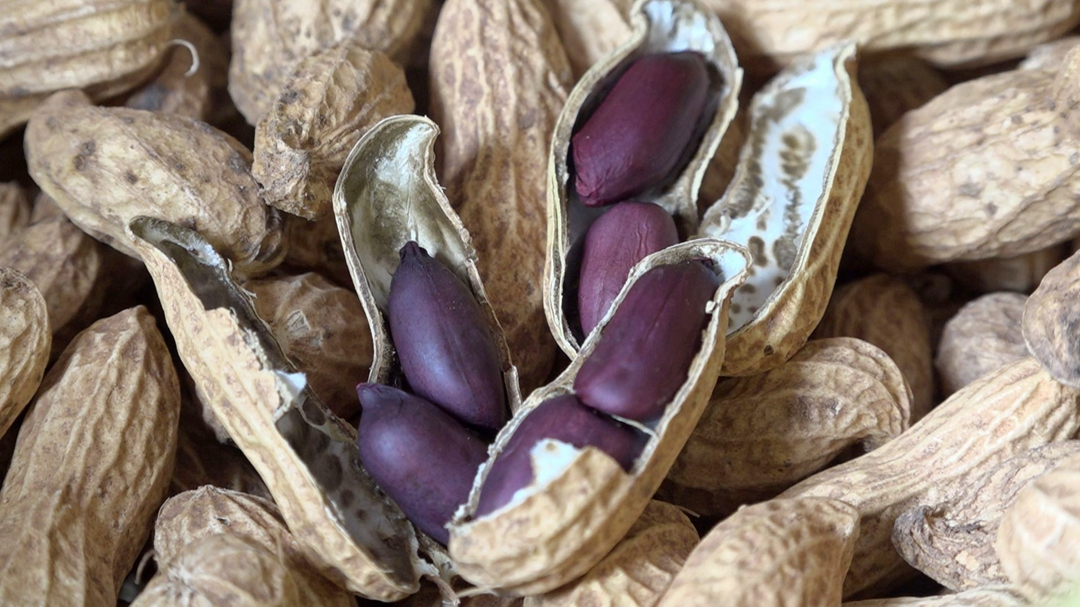
Dukou Township has promoted the development of multiple industries. It has formed multiple characteristic brands such as selenium-rich black peanut in Songlin Village, rice loach in Shiyun Village, little watermelon in Changtan Village.
Guojia Village has established a livestreaming room, where rural officials serve as live streamers to sell local agricultural products such as Guojia sweet potato, rapeseed oil, organic rice, sweet potato noodles and dried beans. This has effectively solved problems like planting blindly and poor product sales.
Shiyun Village has taken yacon as a characteristic industry. With the demonstration and driving force of the cooperative, relying on the industrial development advantages of the base farm in Shiyun Village, it has effectively created an experimental field for yacon.
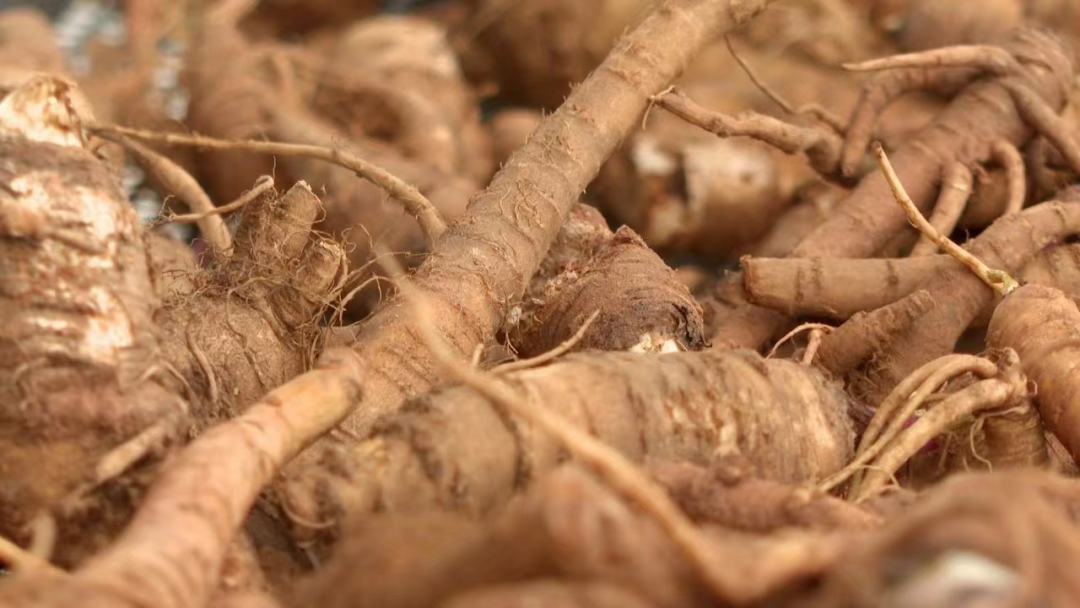
Based on local conditions, Longshi Township has developed agroforestry and three-dimensional economy according to local conditions, planting traditional Chinese medicinal materials such as Fructus Aurantii, Lily, and Polygonum multiflorum in its hilly and mountainous areas. It has taken the ecological development path of planting medicinal materials in forests and raising chickens under trees.
By the end of 2023, the per capita net income of the township reached over 18,000 yuan.
Taking into consideration the factors like basic conditions, carrying capacity and development space of each mountain, Zhushan Township has formulated relevant plans. It makes it clear that Zhushan Village plants Radix Ilicis Asprellae while other villages plant fructus aurantii and other traditional Chinese medicinal herbs.
A 1,000-mu (66.67 hectares) standardized demonstration site for Radix Ilicis Asprellae has been built in the village. Now, more than 3,000 mu (200 hectares) of traditional Chinese herbs have been planted in the township.
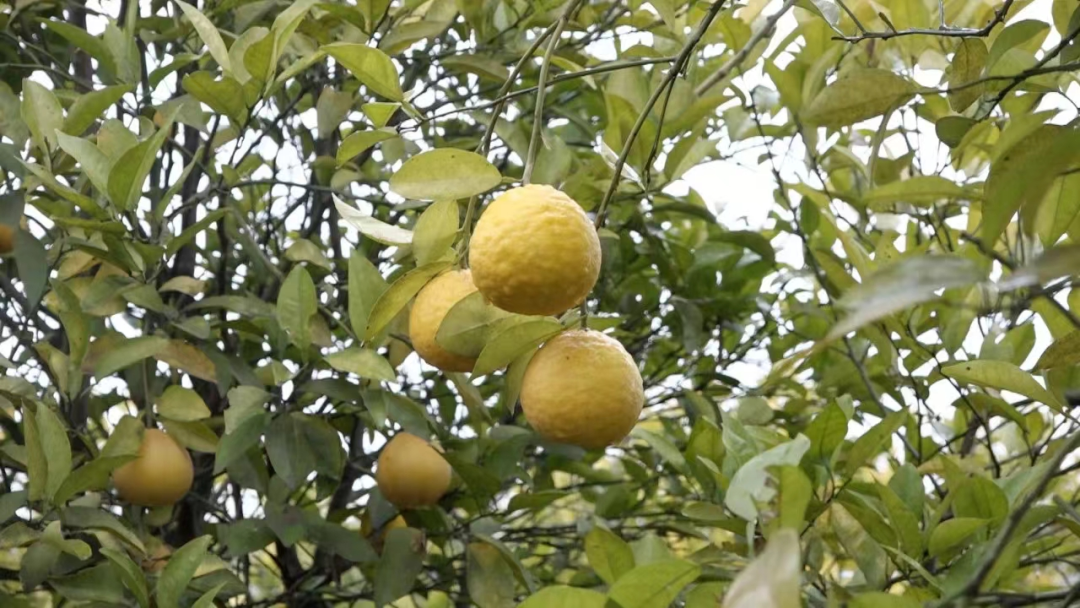
Yangji Township has actively promoted the development of traditional Chinese medicinal materials, and added one large-scale planting base in the township. It plants more than 300 mu (20 hectares) of Fructus Aurantii and Sophora flavescens. More than 6,000 Fructus Aurantii saplings are planted along roadsides, rivers, and fields.
There are currently 1,900 mu (about 126.67 hectares) of traditional Chinese medicinal materials, including 1,100 mu (about 73.33 hectares) of Fructus Aurantii and 800 mu (about 53.33 hectares) of Fructus Aurantii and Sophora japonica.
The township now has 6 traditional Chinese herbs planting bases, and has formed a development pattern of the traditional Chinese medicinal materials industry led by enterprises and cooperatives, and demonstrated by large bases.
Chinese source: rednet




